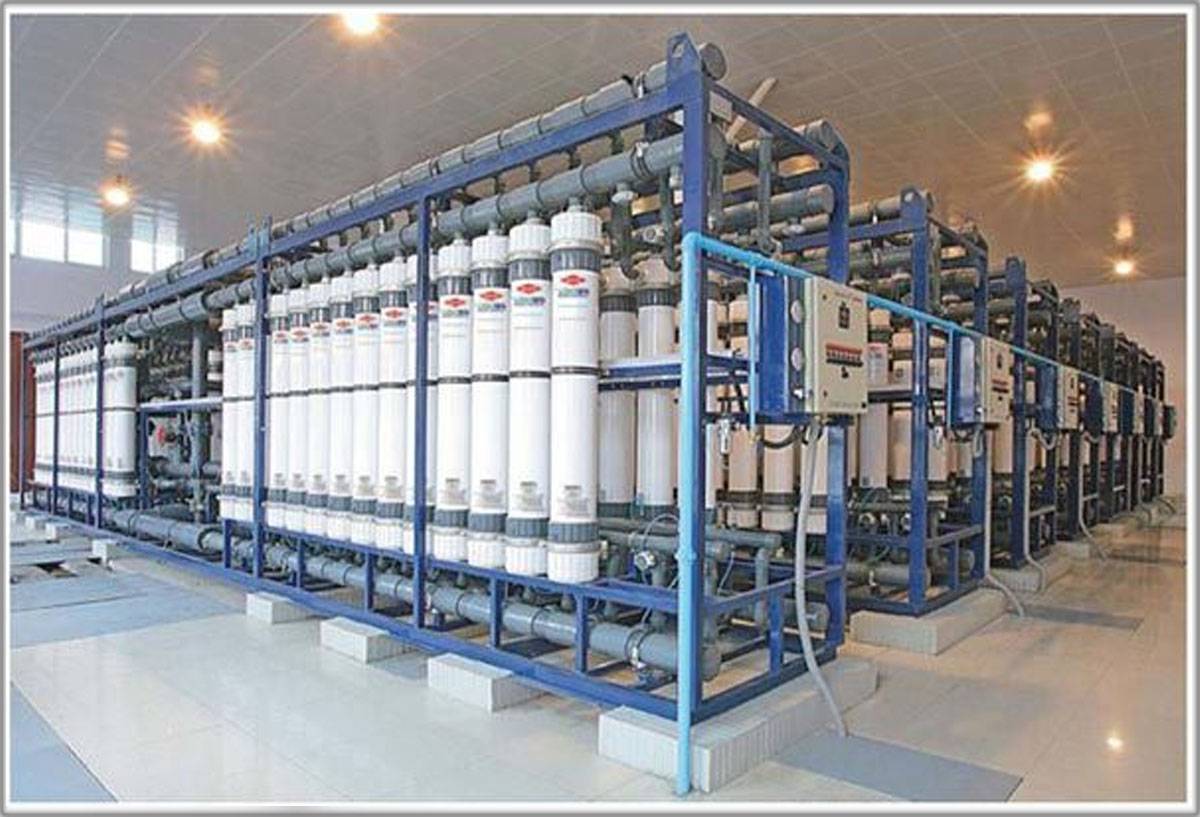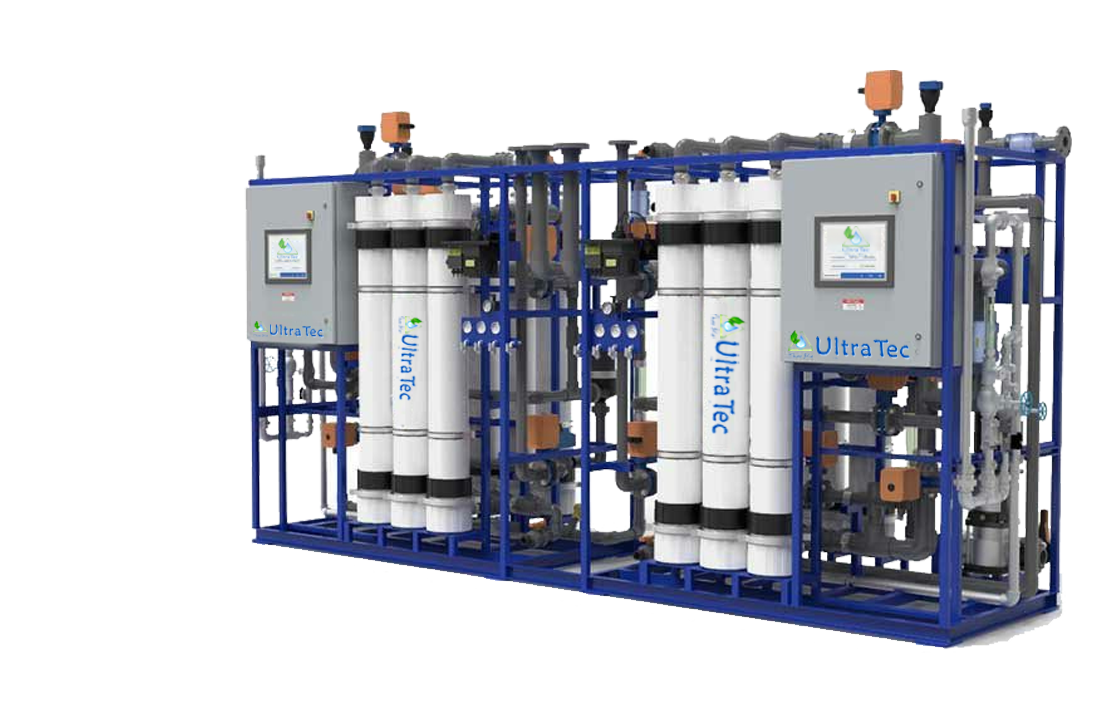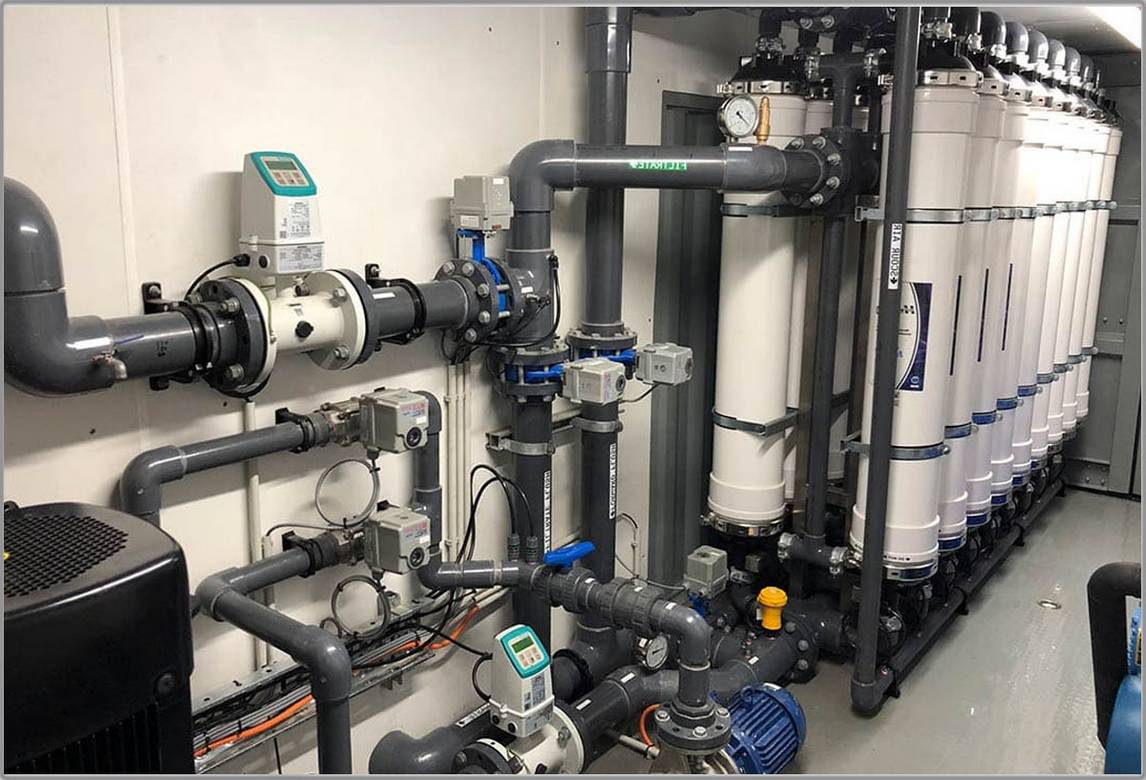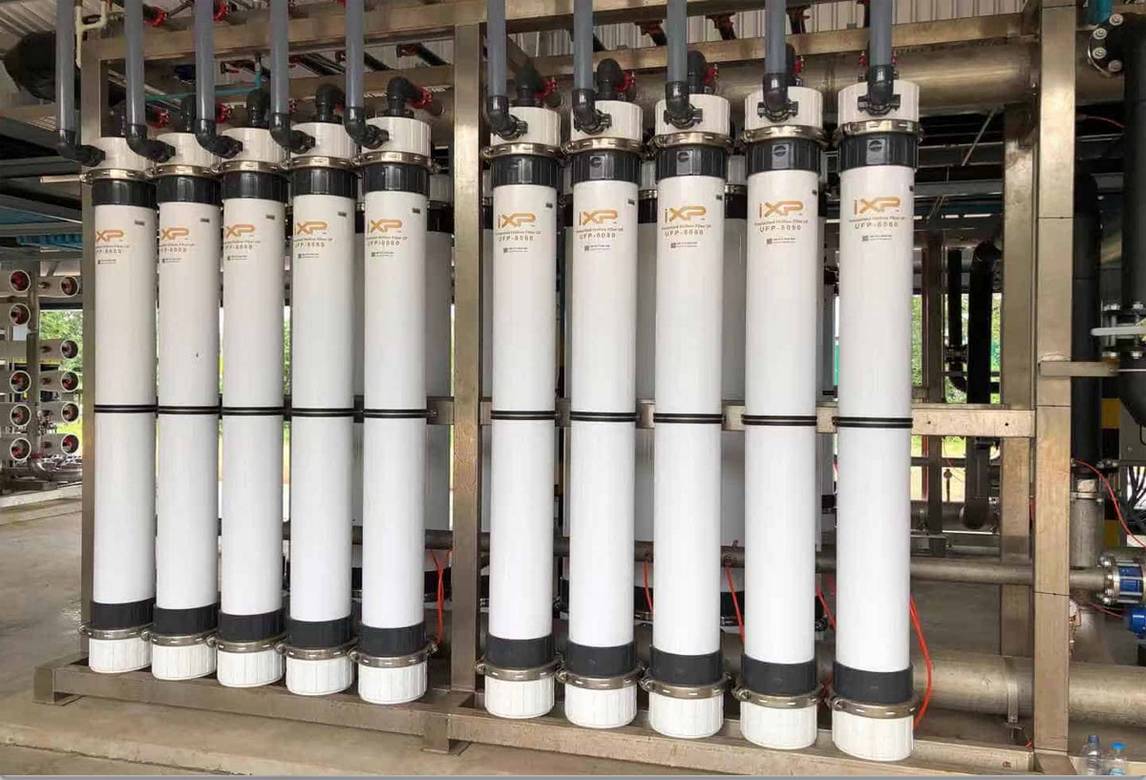Water Softener System Plant
Water softening uses an ion exchange resin to remove calcium and magnesium from hard water. UltraTec Water Treatment offers a complete range of water softener systems to meet your need for softened water.
Water softening methods by Water Softener Plant is mainly rely on the removal of Ca2+ and Mg2+ from a solution or the sequestration of these ions, i.e. binding them to a molecule that removes their ability to form scale or interfere with soaps. Removal is achieved by ion exchange and by precipitation methods. Mineral tank and the brine tank are the main constituents of the Water softening system. The Water softener price/cost consists of a mineral tank and a brine tank. The mineral tank and the Water supply pipe are connected due to which Water passes through the tank before it can be used. Water Softener Plant consists of negatively charged beads or resins that attract positively charged calcium and magnesium.




